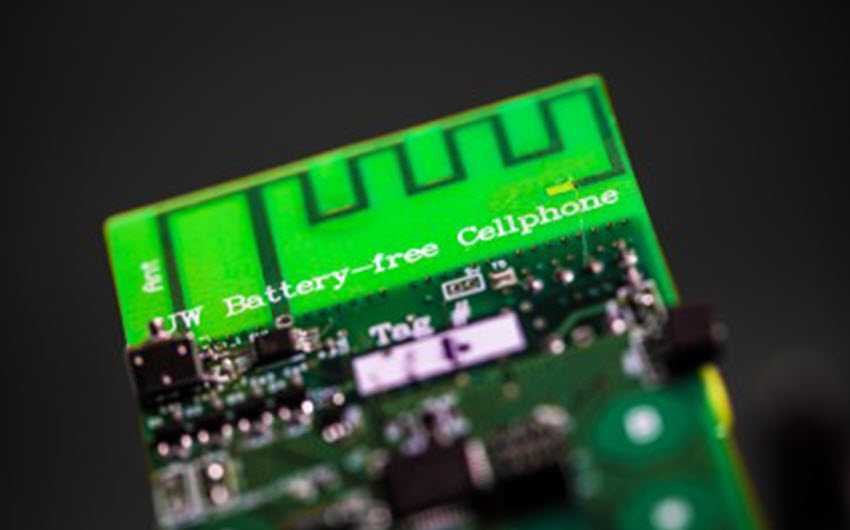The First Battery-Free Cell Phone: Researchers from the University of Washington have developed the first battery-free phone. The sound quality is pretty crappy, but imagine not having to charge your phone anymore because it will be able to collect light and radio waves from your surroundings and turn them into energy.
"We have created what we believe is the first functional mobile phone to consume almost zero power," said Shyam Gollakota, an associate professor at the Paul G. Allen School of Computer Science & Engineering at the University of Washington.
Researchers used an amazing way to get rid of the most damaging feature of normals mobile phone numbers: Tel conversion of analog audio signals to digital data.
According to the University website, "this process consumes so much energy that it is impossible to design a Cell Phone that can be based on environmental energy sources."
To get rid of this part of the process, the researchers devised a way to use the tiny vibrations of the microphone and the speaker of the mobile phone. Thus they were able to encode the incoming and outgoing signals.
Watch the video
Unfortunately, this does not allow the mobile phone to send and receive audio at the same time. Instead, the caller should press a button Missionor receiving when sending or receiving chats. In this sense, the device looks more like a walkie-talkie than a real cell phone.
Currently, the "mobile phone" collects the energy needed by radio signals sent from a dedicated base station and a tiny solar cell on the device.
Researchers say the base stations they are currently using could be installed in cell towers and Wifi routers to allow more freedom of movement without battery.





